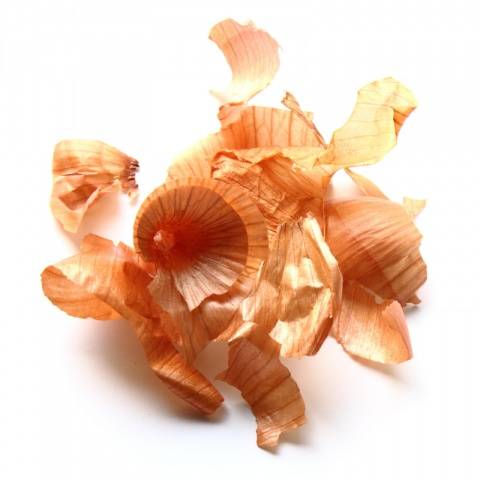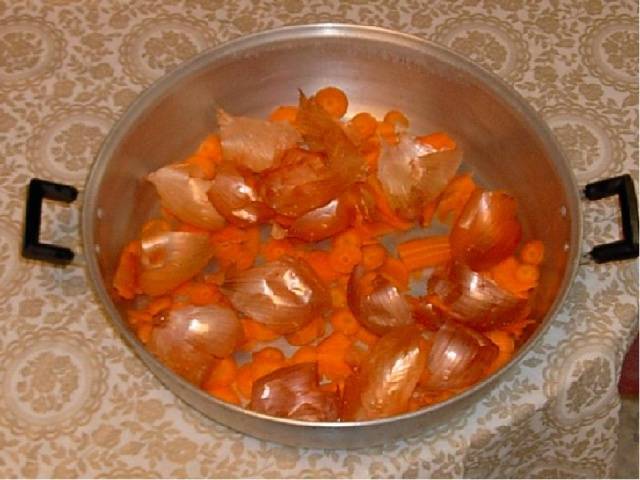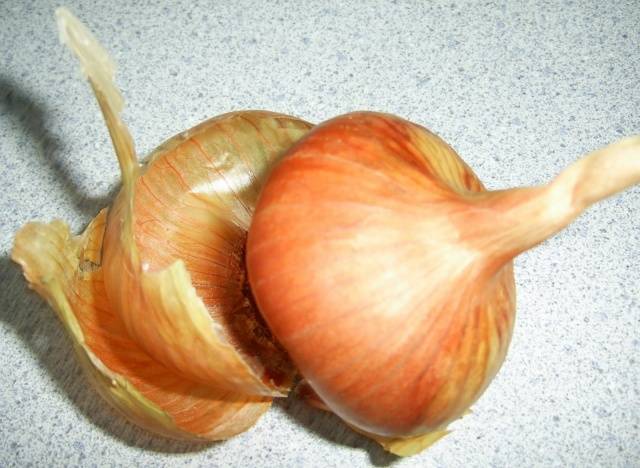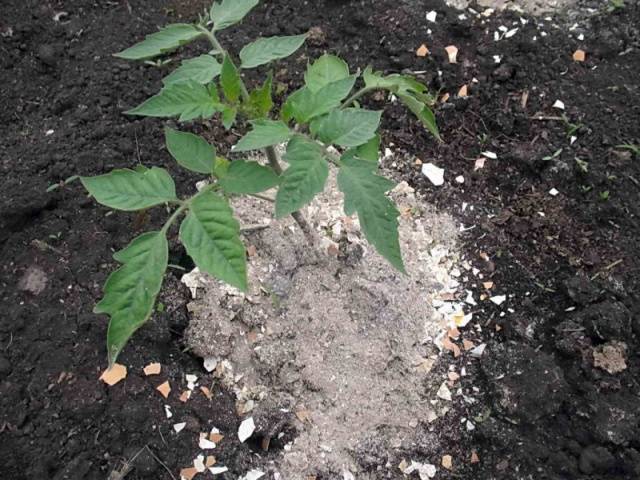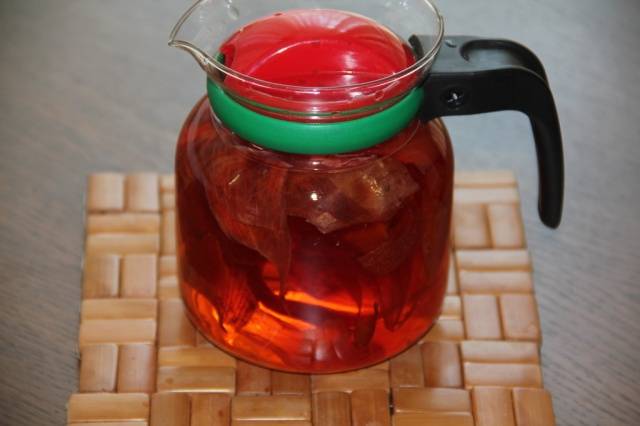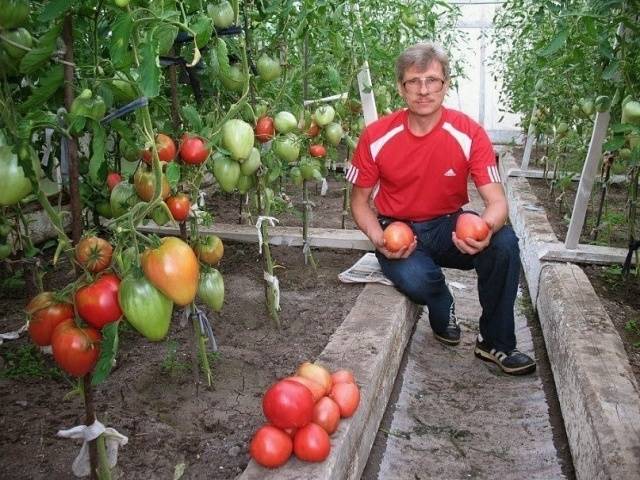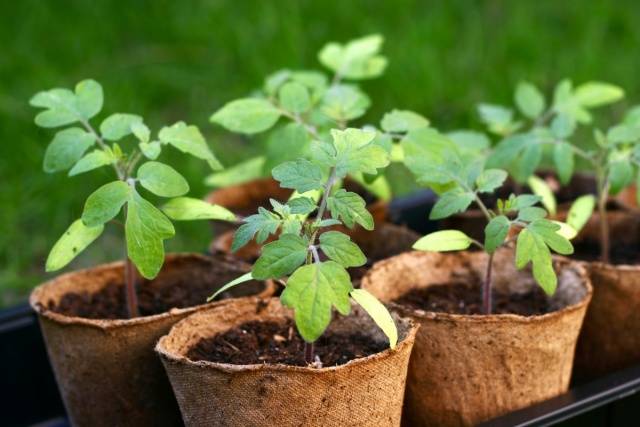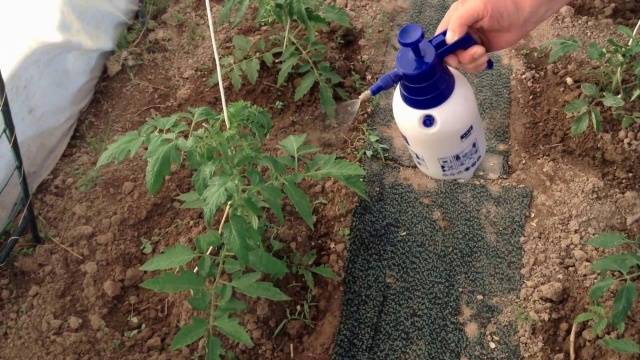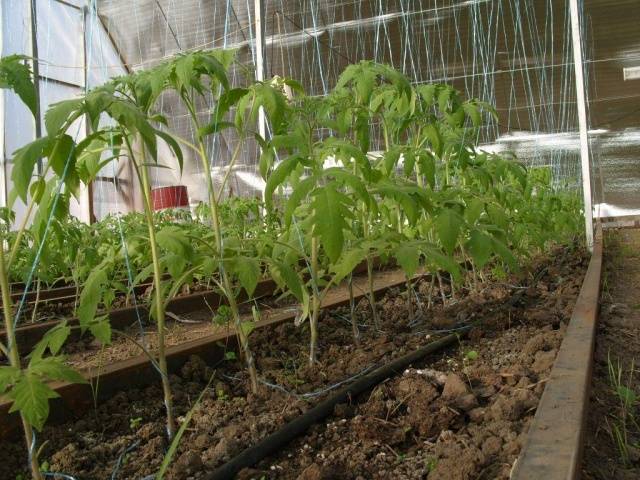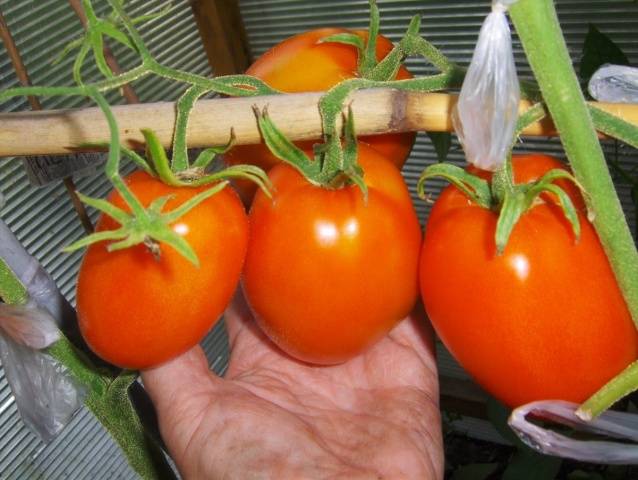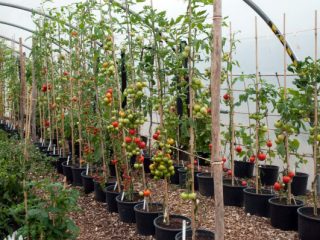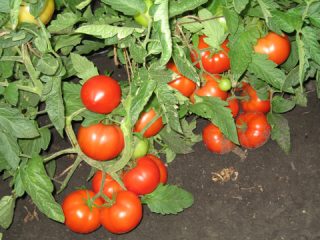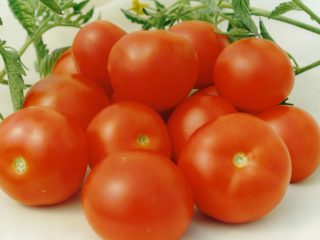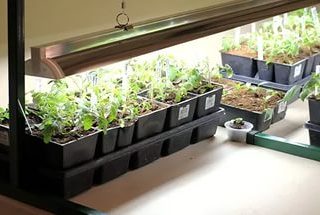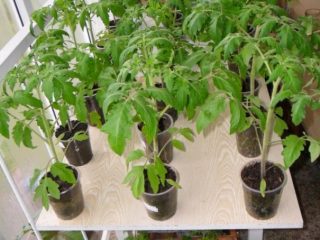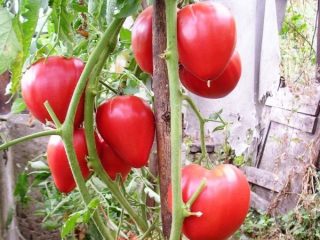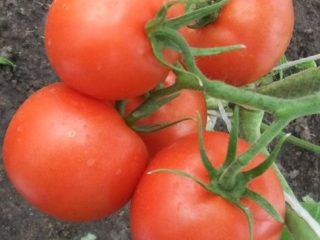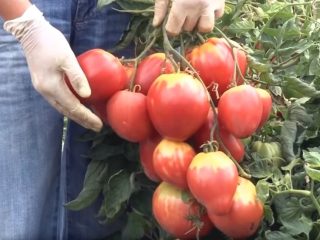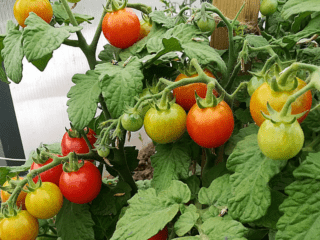Content
Today there is a wide range of chemicals on sale for feeding tomatoes and controlling their pests and diseases. However, instead of expensive and toxic substances, it is better to pay attention to affordable natural products that are no less effective. One of them is onion peel, the beneficial properties of which were known back in ancient times. Onion peels, as a fertilizer for tomatoes, are successfully used by gardeners to feed tomatoes and other vegetable and fruit crops.
Onion scales, when used regularly, will become an excellent fertilizer for tomato seedlings, due to the large amount of useful substances they contain.
Chemical composition
The amazing properties of onion peel are explained by its unique chemical composition. Organic and mineral compounds contained in the scales are characterized by high biological activity.
Provitamin A
The carotenoids that make up onion peels perform several important functions:
- they are indispensable as a source of vitamin A, which has protective properties in the fight against fungal diseases;
- these compounds are known to be good immunostimulants;
- their antioxidant effect is explained by their ability to bind atomic oxygen produced during photosynthesis.
Antimicrobial volatiles
Phytoncides secreted by onions are highly effective in combating pathogenic microorganisms that multiply in the soil layer and fungal diseases that affect tomato seedlings. The concentration of phytoncides in onion scales is especially high. These volatile substances are better preserved in its aqueous infusion.
B vitamins
Interacting with phosphoric acid, thiamine forms cocarboxylase, a coenzyme that accelerates metabolic processes in plant cells. Thanks to this, when feeding tomatoes with an infusion of onion peels, the growth rate of seedlings increases, their root system is strengthened, and the fruiting stage begins faster.
Vitamins PP
Nicotinic acid, contained in onions and their covering scales, promotes the development of the root system of tomatoes even on unfavorable clay soils. The combined action of vitamins B1 and PP increases the rate of absorption of nitrogen, phosphorus and other minerals, accelerates the formation of chlorophyll in tomato leaves.
Quercetin
Onion peels contain a high content of one of the natural flavonoids with strong anti-inflammatory and antioxidant properties - quercetin. There is especially a lot of it in the scales of red onions. It is good for the health of young, still weak tomato sprouts.
Ascorbic acid
The effect of vitamin C has not yet been sufficiently studied, however, it has long been known as a strong antioxidant. And recent research by scientists has found that ascorbic acid promotes the production of a special enzyme necessary for plant growth.
Feeding tomatoes with onion peels
Infusions and decoctions made from onion scales are a universal fertilizer for tomatoes. They have many useful properties.
Their advantages
Onion scales are a natural product that has a number of characteristics that distinguish it from others:
- it will never harm young tomato sprouts;
- attracted by its availability and lack of need for material costs;
- it is non-toxic and does not require the use of chemical protection agents;
- recipes for preparing onion peel infusions are simple and easy;
- the concentration of microelements and vitamins in the peel is higher than in the bulb itself.
How is this fertilizer useful?
Regular feeding of tomato seedlings with onion scales is useful in any period, from the moment of planting to the period of fruit ripening:
- if the tomato leaves turn yellow, you can treat them with a diluted infusion of onion peels;
- Lightly spraying the seedlings every week will help speed up the formation of ovaries;
- watering and spraying will increase the yield of tomatoes and contribute to the improvement of microflora;
- The absence of nitrates in onion peels ensures their safe disposal.
The watering rate for each tomato bush is 0.5 liters of liquid in the first weeks after planting, and after a month it triples.
Onion scales as a medicine for tomato seedlings
Due to its anti-inflammatory properties, onion peels are an excellent remedy for combating various diseases that affect tomatoes and harmful insects:
- an infusion of a glass of dry raw material per liter of water, kept for 24 hours, helps against the disease “blackleg”;
- to get rid of aphids and spider mites, tomato bushes are sprayed with the same solution with the addition of shavings of laundry soap;
- spraying and watering with water infused with onion scales will help prevent bacterial cancer of tomatoes and fight tobacco thrips;
- Watering with a diluted infusion 5-6 days after planting the seedlings, as well as when they are flowering, will prevent the appearance of black or gray rot.
Features of using onion scales
Onion peels are indispensable for feeding tomatoes in any form - decoctions, infusions or dry crushed raw materials.
The decoction is prepared very simply:
- onion scales are filled with water in an enamel bowl;
- the mixture should be boiled and cooled;
- After straining the solution and, if necessary, diluting it, you can use it.
This product should be used to water tomato seedlings up to three times a week or spray the leaves to kill pests. A stronger decoction is used to disinfect the soil under the bushes. Such watering will be a good feed and will strengthen the root system of tomatoes, promoting their better growth and fruiting.
To prepare the infusion, you need to pour dry onion peels with twice the amount of boiling water and leave for two days.Before use, it must be diluted with three or five times the amount of water, depending on the purpose of use. Tomato seedlings must be watered with infusion three days after planting. During growth, it is also necessary to treat tomatoes with it to prevent diseases or pests. Spraying should also be carried out during the period of fruit ripening. You should first dissolve a small amount of laundry soap into the infusion for better adhesion to the leaves.
Onion peels as fertilizers for tomatoes can be added to the soil before planting seedlings or sprinkled under tomato bushes. When watering, beneficial substances will be washed out of dry scales and saturate the soil under the plants. The material must first be prepared as follows:
- Having sorted through the raw materials, select healthy onion scales;
- dry them using any available method - in the oven, microwave or in the fresh air;
- crush and add to the soil, simultaneously loosening it.
They will be an excellent fertilizer for tomatoes.
Infusion recipes
The concentration of infusions depends on the purpose of use. To spray tomatoes against harmful insects, it is made more saturated - two glasses of dry scales are poured with a glass of boiling water. The infusion is kept for up to four days, and then diluted with twice the volume of water. Before processing, dissolve laundry soap shavings in it. Spraying three times should be repeated after a week's break.
To disinfect tomato seedlings and the soil around them, prepare an infusion of one bucket of water and a glass of dry raw materials.The mixture is brought to a boil, then infused for several hours. The resulting solution is used to water the tomatoes and treat their leaves on both sides.
You can treat tomato seedlings against aphids by pouring a bucket of boiling water over a glass of scales. After soaking for 12 hours, you need to strain the solution and treat the affected bushes with it. The procedure should be repeated every four days. The recipe is also suitable for preventive treatment of tomatoes.
Feeding tomatoes with onion peels is popular among gardeners due to the “two-in-one” effect it provides. Treating it with infusion is not only an excellent fertilizer for tomato seedlings, but at the same time disinfects the soil and the plants themselves from the effects of harmful microorganisms.
